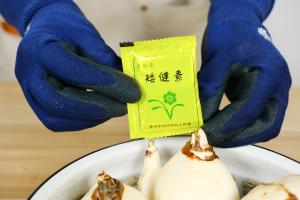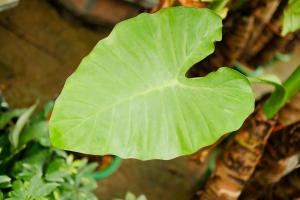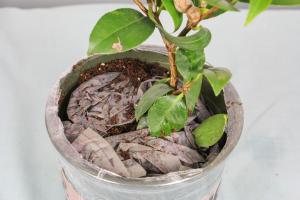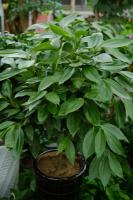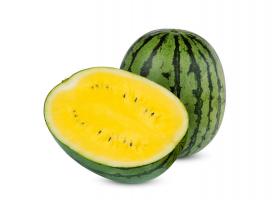Can I Water My Plant with Tap Water?
Many gardeners and plant enthusiasts often ask themselves if tap water is safe for their plants. The answer is not as straightforward as a simple yes or no, as it depends on several factors. In this article, we will explore the pros and cons of using tap water and offer some useful tips on how to determine whether tap water is safe for your plants.
What is Tap Water?
Tap water is water that is supplied to our homes and businesses from the local water treatment facilities. The water is treated and purified to remove any harmful contaminants and pathogens that may be present. However, many areas have different levels of water hardness, minerals, and chemicals present in their tap water, which can be harmful to certain plant species.
Pros of Using Tap Water
The biggest advantage of using tap water for your plants is that it is easy and convenient. You don't have to worry about collecting rainwater or purchasing expensive bottled water. Tap water is usually available on demand, and it's free. Additionally, most plants can tolerate tap water, especially if it's left to stand for a day or two to allow chlorine and other chemicals to evaporate.
Cons of Using Tap Water
The main disadvantage of using tap water is that it may contain harmful chemicals and high levels of minerals that can harm some plants. Chlorine, fluoride, and other chemicals added during the water treatment process can build up in the soil over time, causing damage to the plants. Additionally, some plants are sensitive to the minerals present in tap water, which can lead to stunted growth and yellowing leaves.
How to Determine If Tap Water is Safe for Your Plants
There are several ways to determine if tap water is safe for your plants. One method is to test the water using a water hardness kit. You can purchase these kits at your local garden center or hardware store. The kit measures the levels of minerals, such as calcium and magnesium, present in the water. If the water is too hard, you may need to use a water softener or filter to remove the excess minerals.
Another way to determine the quality of your tap water is to have it tested by your local water authority. They can provide you with information about the levels of contaminants in the water and any other potential hazards to your plants.
Alternative Water Sources
If you don't want to use tap water for your plants, there are several alternative water sources to consider. Rainwater is a natural, chemical-free option that is safe for all plants. Collecting rainwater is also an environmentally friendly way to conserve water and reduce your water bill.
If you live in an area where rainwater is scarce, you can also consider using distilled or purified water. These types of water are free from minerals and chemicals and are safe for all plants. However, they can be costly and may not be cost-effective for large gardens or landscapes.
Conclusion
In conclusion, using tap water for your plants can be safe, but it depends on the quality of the water in your area and the type of plants you are growing. It's always best to test your tap water and consider alternative water sources if necessary. With a little research and experimentation, you can find the best water source for your plants and ensure they thrive in your garden.

 how many times do yo...
how many times do yo... how many planted tre...
how many planted tre... how many pine trees ...
how many pine trees ... how many pecan trees...
how many pecan trees... how many plants comp...
how many plants comp... how many plants can ...
how many plants can ... how many plants and ...
how many plants and ... how many pepper plan...
how many pepper plan...